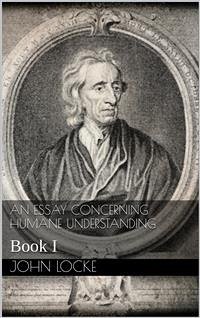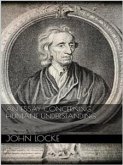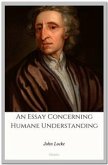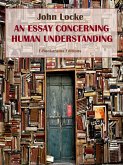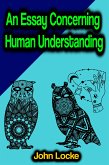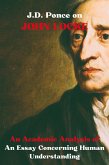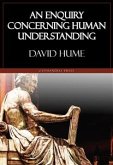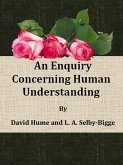Since it is the UNDERSTANDING that sets man above the rest of sensible beings, and gives him all the advantage and dominion which he has over them; it is certainly a subject, even for its nobleness, worth our labour to inquire into. The understanding, like the eye, whilst it makes us see and perceive all other things, takes no notice of itself; and it requires and art and pains to set it at a distance and make it its own object. But whatever be the difficulties that lie in the way of this inquiry; whatever it be that keeps us so much in the dark to ourselves; sure I am that all the light we can let in upon our minds, all the acquaintance we can make with our own understandings, will not only be very pleasant, but bring us great advantage, in directing our thoughts in the search of other things.
